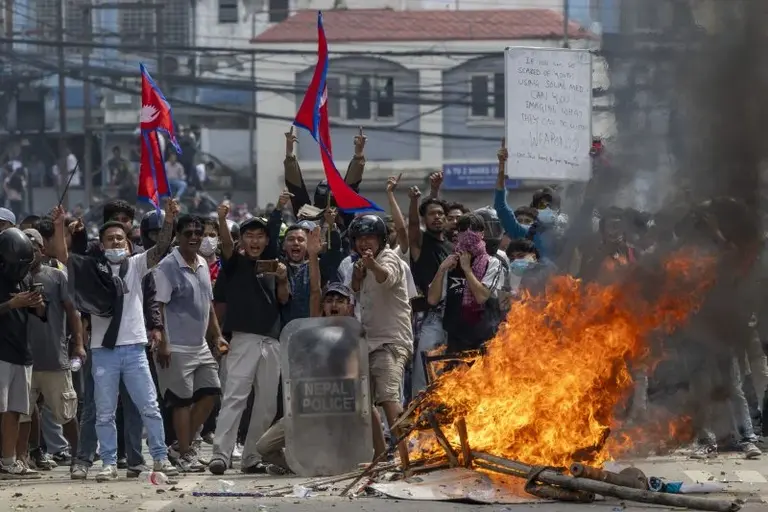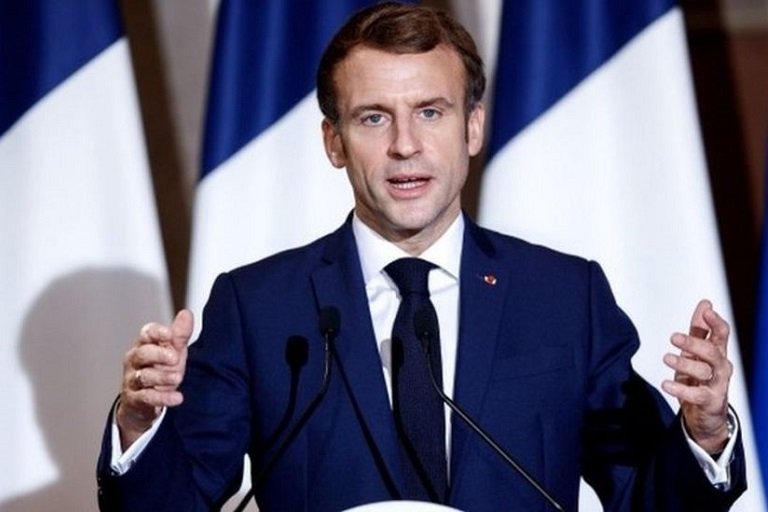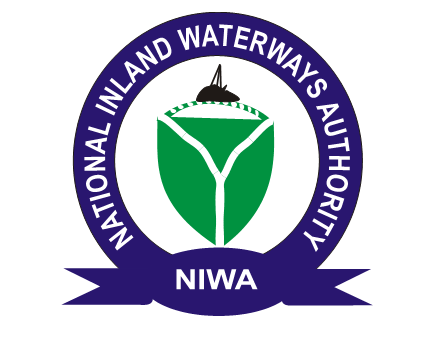KP Sharma Oli, prime minister of Nepal, has resigned following days of violent anti-government protests that have left at least 21 people dead.
Oli, 73, announced his resignation in a letter to the president on Tuesday, saying the decision was necessary to “take further steps towards a political solution and resolution of the problems”.
The Himalayan nation has been rocked by unrest since Monday after the government attempted to impose a ban on social media platforms.
Although the restriction was later reversed, anger over alleged corruption, political nepotism, and economic stagnation has continued to fuel nationwide protests.
Demonstrations turned violent as protesters attacked and vandalised the homes of several political leaders, including Oli’s residence in Balakot, Bhaktapur, and that of Sher Bahadur Deuba, a former prime minister and president of the Nepali Congress.
Videos circulating online show parts of Oli’s home engulfed in flames, while petrol bombs were reportedly thrown at the residence of Pushpa Kamal Dahal, chairman of the Maoist Centre and another former prime minister.
Party headquarters and government buildings, including Singha Durbar, Nepal’s central administrative complex, also came under attack.
Authorities said 19 people were killed on Monday after security forces opened fire on demonstrators. Amnesty International has accused Nepalese police of using live ammunition on protesters.
BBC reports that Mohan Regmi, executive director of the Civil Service Hospital, confirmed two more deaths on Tuesday, bringing the toll to 21.
Regmi added that at least 90 people were being treated for injuries sustained during the protests.
The protests, largely driven by young people, spread across Kathmandu and other cities.
Domestic flights at Tribhuvan International Airport in Kathmandu were severely disrupted due to security concerns, according to the country’s aviation authority.
The crisis has also led to resignations from other government officials. Pradeep Yadav, minister for water supply, quit in protest against the government’s handling of the demonstrations.
Ram Nath Adhikari, minister for agriculture and livestock, and Ramesh Lekhak, the home minister, also tendered their resignations.
Oli, who began his fourth term as prime minister in July 2024 after his Communist Party struck a coalition deal with the Nepali Congress, faced growing public disillusionment over political instability, corruption, and weak economic growth in the nation.
Despite his resignation, protests showed no signs of abating as demonstrators pressed for sweeping reforms and an end to what they describe as “systemic impunity” in Nepal’s political elite.











